Residential Electrical Safety Certificate(EICR) in London
Start from £67.99
All inclusive (No hidden Cost)
*£5 Parking Charges are applicable in case of paid parking.
*£15 Congestion Charge applicable in case the property is in congestion charge zone
If you want More than 5 Bedrooms you can make your booking by clicking on the button below
EICR Test
Essential EICR Inspections for Electrical Safety
Did you know that a staggering 19,300 electrical fires occur in UK homes each year, many of which could have been avoided with proper electrical inspections and maintenance? As a property owner in London, it’s crucial to ensure your home or building’s electrical systems are safe and compliant with regulations. Neglecting electrical safety not only puts your property at risk but also endangers the lives of your tenants and family members.
An Electrical Installation Condition Report (EICR) inspection is a vital part of this process, providing you with a detailed assessment of your electrical systems. These inspections by Landlord Certificate Checks help identify potential risks, faulty wiring, outdated systems, and ensure your property meets safety standards before issues become emergencies. With regular EICR inspections, you can avoid costly repairs, enhance safety, and remain compliant with legal requirements.
Don’t wait for an electrical emergency to happen schedule your Residential EICR inspection today and take a proactive approach to safeguarding your property and its occupants!
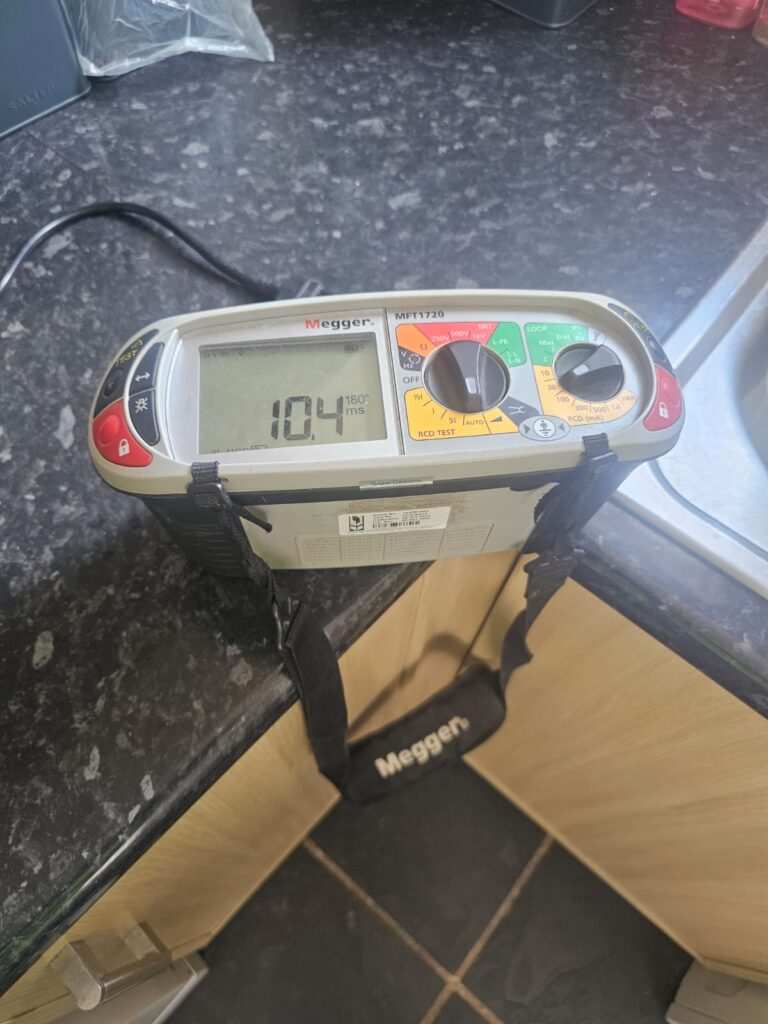
10 specific issues that can be revealed during an EICR inspection
Outdated Wiring
The presence of old or degraded wiring, such as rubber-insulated cables, which may pose a fire hazard
Inadequate Earthing
Insufficient earthing or bonding of electrical systems, increasing the risk of electric shock
Overloaded Circuits
Circuits that are overloaded with too many devices, leading to overheating and potential fire risks
Faulty Outlets
Damaged or improperly installed electrical outlets that can lead to arcing or shock hazards
Improperly Installed Lighting
Light fixtures that are not installed according to regulations or are incompatible with their power source
Missing RCD Protection
Lack of Residual Current Devices (RCDs) for circuits that require them, which can help prevent electric shocks
Exposed Wires
Unprotected or exposed wiring that can be a serious safety hazard
Incorrect Circuit Breakers
Use of incorrect or mismatched circuit breakers that do not provide adequate protection
Improper Load Distribution
Uneven distribution of electrical loads across circuits can lead to overheating and circuit failures.
Poorly Terminated Connections
Loose or poorly terminated connections can cause arcing and overheating.
10 specific issues that can be revealed
during an EICR inspection

Outdated Wiring
The presence of old or degraded wiring, like rubber-insulated cables, may pose a fire hazard.

Inadequate Earthing
Insufficient earthing or bonding of electrical systems, increasing the risk of electric shock.

Overloaded Circuits
Circuits that are overloaded with too many devices, leading to overheating and potential fire risks.

Faulty Outlets
Damaged or improperly installed electrical outlets that can lead to arcing or shock hazards.
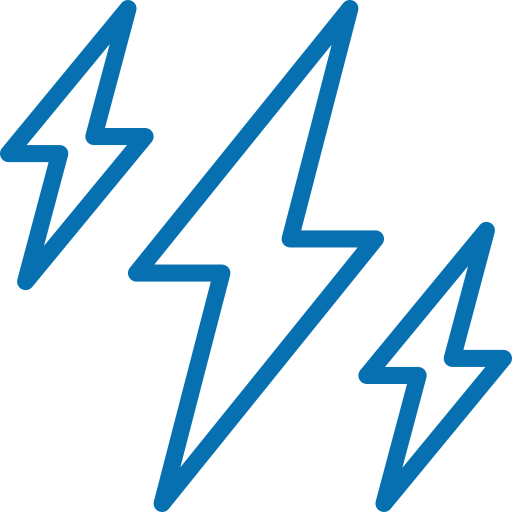
Misinstalled Lighting
Light fixtures not installed to code or incompatible with their power source.
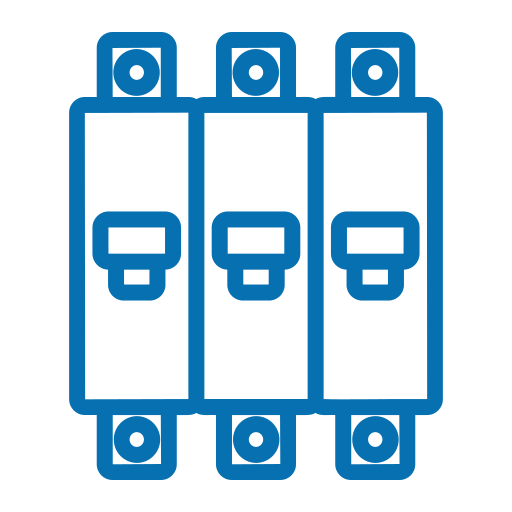
Missing RCD Protection
Absence of Residual Current Devices (RCDs) for circuits needing them, preventing electric shocks.
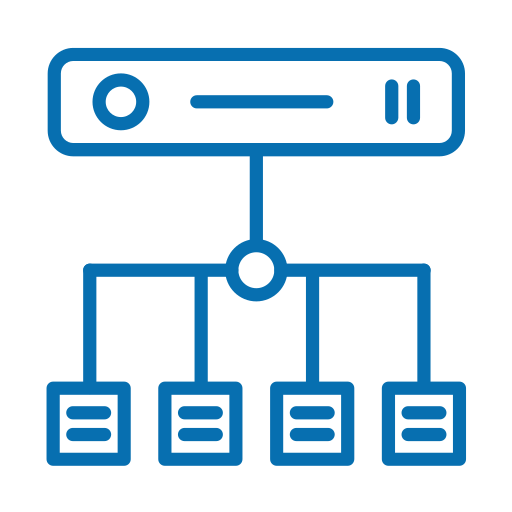
Uneven Load Allocation
Uneven distribution of electrical loads across circuits can lead to overheating and circuit failures.

Incorrect Circuit Breakers
Use of incorrect or mismatched circuit breakers that do not provide adequate protection.

Poorly Terminated Connections
Loose or poorly terminated connections can cause arcing and overheating.
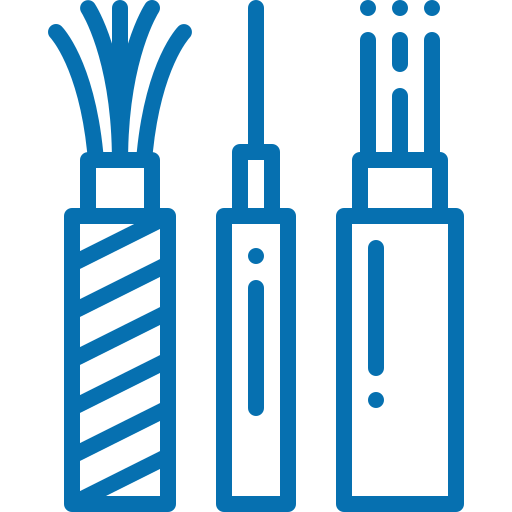
Uncovered Electrical Wires
Unshielded or exposed wiring poses a significant safety hazard to everyone.
Steps Involved in Carrying out an EICR Near Me
Conducting an EICR involves several key steps: scheduling an inspection, performing a comprehensive examination, executing various tests, delivering a detailed report, and arranging recommended follow-up inspections.

Scheduling an Inspection: The initial step in performing an EICR is to arrange an inspection with a qualified electrician. The electrician must be certified to conduct EICRs and possess the required knowledge, experience, and equipment for the assessment.

Conducting a Thorough Examination: During the inspection, the electrician will carry out a comprehensive assessment of the electrical installation, including all wiring, circuits, and equipment. They will look for visible defects or damage, such as frayed wires or corroded connections.

Performing Various Tests: The electrician will conduct tests to verify the safety of the installation. These include continuity, earth fault loop impedance, and insulation resistance assessments. They are designed to identify risks and ensure compliance with relevant safety standards outlined by the EICR.

Providing a Detailed Report: After the inspection, the electrician will issue a comprehensive report outlining any issues identified during the inspection and testing process. This may necessitate repairs or replacements.

Scheduling Recommended Follow-Up Inspections: The report will also include a timeline for suggested follow-up inspections to ensure that the electrical installation remains compliant with the required safety standards.
What is a Domestic EICR Certificate?
A Domestic EICR (Electrical Installation Condition Report) Certificate is a formal document that assesses the safety and condition of electrical installations within a residential property.
An EICR assesses the safety and condition of electrical installations, identifying potential hazards and compliance issues. It provides a formal report categorizing findings and recommending necessary repairs or upgrades.
An EICR Certificate is important because it ensures the safety of electrical installations, identifying potential hazards and confirming compliance with regulations. This proactive measure protects occupants, enhances property value, and provides essential documentation for insurance and maintenance planning.
An EICR Certificate should typically be renewed every five years for residential properties. However, it should also be updated when there are significant changes to the electrical system, if the property changes ownership, or if any alterations are made to the wiring. Regular inspections help maintain safety and compliance.
What is a Domestic EICR Certificate?
A Domestic EICR (Electrical Installation Condition Report) Certificate is a formal document that assesses the safety and condition of electrical installations in residential properties.
Comprehensive Safety Assessment
A Domestic EICR Certificate is a crucial assessment of electrical installations in residential properties. Conducted by a qualified electrician, it inspects wiring, sockets, switches, and the consumer unit to identify hazards like faulty wiring. This ensures compliance with IET Wiring Regulations and helps prevent accidents, protecting occupant safety.
Findings and Recommendations
After the inspection, the electrician provides a detailed report on the electrical system, categorizing issues by severity and offering repair recommendations. This documentation helps homeowners prioritize maintenance, meet insurance requirements, and facilitate transactions. Regular EICRs are advised every five years or after significant changes to ensure safety and functionality.
What does an EICR do?
Insufficient electrical maintenance can significantly deter potential buyers or renters, leading to concerns about safety and functionality. This negligence not only negatively impacts property value but also diminishes overall marketability, making it harder to attract interested parties.
The Safety Assessment in an EICR identifies potential electrical hazards, ensuring a safe environment for occupants. It evaluates the condition of wiring, circuits, and devices to pinpoint any risks.
The Compliance Check verifies that the electrical system adheres to current safety standards and regulations. This process helps prevent legal issues and ensures the installation is safe and reliable.
The Documentation and Recommendations section provides a clear record of findings, categorizing issues by severity. It offers guidance on necessary repairs or upgrades to enhance safety and compliance.
Why is a EICR Certificate important?
An EICR Certificate is a vital document that evaluates the safety and condition of electrical installations within a property. Its primary purpose is to identify potential hazards, defects, or non-compliance with current electrical safety standards. During the inspection, qualified electricians perform a thorough assessment of the electrical system, including wiring, circuits, outlets, switches, and consumer units. The report categorizes issues based on severity:
1 indicates immediate danger, C2 points to potentially dangerous situations, and C3 suggests areas needing improvement. Regular EICRs are recommended every five years or whenever there are significant changes to the electrical system. This certificate serves as a crucial record of findings and recommendations for repairs or upgrades, ensuring compliance with legal safety requirements.
A valid EICR is essential for occupant safety, as well as for meeting insurance obligations and facilitating property transactions.

What does EICR inspection
and testing process involve?
The EICR inspection and testing process involves several key steps

Initial Assessment
Qualified electricians conduct a preliminary evaluation, reviewing previous EICR reports and electrical documentation.
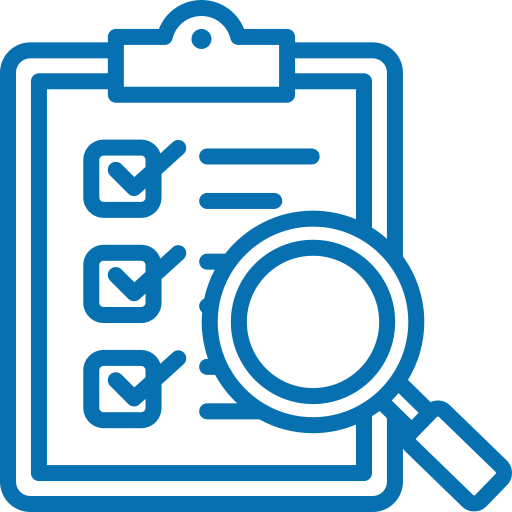
Visual Inspection
A thorough visual check of the electrical systems, including wiring and outlets, is performed to identify any visible damage or wear.

Testing Procedures
Various tests, such as insulation resistance and continuity tests, are conducted to assess the safety and functionality of the electrical installations.

Report Generation
A detailed EICR report is created, summarizing findings, categorizing issues, and providing recommendations for necessary repairs or improvements.
What does EICR inspection
and testing process involve?
The EICR inspection and testing process involves several key steps:

Initial Assessment
Qualified electricians conduct a preliminary evaluation, reviewing previous EICR reports and electrical documentation.

Visual Inspection
A thorough visual check of the electrical systems, including wiring and outlets, is performed to identify any visible damage or wear.

Testing Procedures
Various tests, such as insulation resistance and continuity tests, are conducted to assess the safety and functionality of the electrical installations.

Report Generation
A detailed EICR report is created, summarizing findings, categorizing issues, and providing recommendations for necessary repairs or improvements.

How often should a EICR Certificate be renewed?
An EICR Certificate should typically be renewed every five years for residential properties.
Every Five Years
For residential properties, an EICR Certificate should be renewed every five years to ensure ongoing safety and compliance.
Significant Changes
The certificate should be updated whenever significant changes are made to the electrical system, such as major renovations or additions.
Change of Ownership
A new EICR is recommended when a property changes ownership to ensure the electrical installations are safe for new occupants.
After Alterations
If any alterations are made to the wiring or electrical components, a new EICR should be obtained to assess the updated system's safety.
How to obtain EICR CERTIFICATE
To obtain an EICR certificate, hire a qualified electrician to conduct a thorough inspection of your property's electrical systems, followed by receiving a detailed report of their findings.
Find a Qualified Electrician
Search for a certified electrician registered with a recognized body to ensure expertise and compliance.
Schedule an Inspection
Arrange a convenient time for the electrician to inspect your electrical installations.
Conduct the Inspection
The electrician performs a thorough assessment and testing of the electrical system.
Receive the Report
After the inspection, the electrician provides a formal EICR report detailing findings and recommendations.
Areas We Cover for Electrical Safety Certificates
EICR Services Across All London Areas
North London: Hackney, Islington, Camden, Enfield, Haringey, Barnet, Finchley, Tottenham, Wood Green, Highgate
East London: Ilford, Stratford, Barking, Dagenham, Romford, Walthamstow, Leyton, Wanstead, Canning Town, Bethnal Green
South London: Greenwich, Lewisham, Croydon, Peckham, Brixton, Clapham, Wimbledon, Dulwich, Streatham, Catford
West London: Ealing, Hounslow, Acton, Hammersmith, Fulham, Chiswick, Hayes, Southall, Shepherd’s Bush, Brentford
Central London: Westminster, Kensington, Chelsea, Soho, Mayfair, Paddington, Marylebone, Holborn, City of London
If your area is in London, we cover it! Same-day service available in most areas.

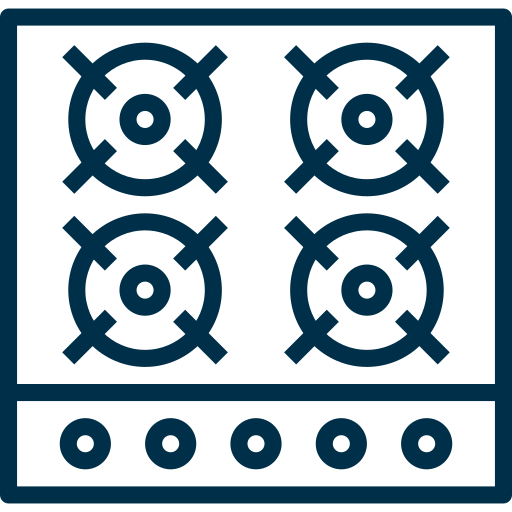
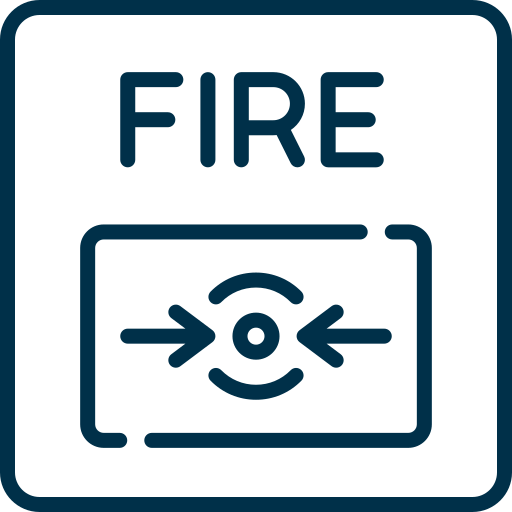
Do You Want To Book Multiple Services?
What happens if you dont have EIectrical
System tested out?
If you don't have your electrical system tested, several significant risks can arise.

Safety Hazards and Legal Risks
Failing to test your electrical system can lead to undetected hazards, such as faulty wiring and overloaded circuits, increasing the risk of electric shocks and fires.

Increased Repair Costs and Reduced Efficiency
Neglecting essential testing can allow minor issues to escalate into significant problems, ultimately leading to expensive repairs and safety risks.

Impact on Property Market Value
Insufficient electrical maintenance can deter potential buyers or renters, negatively impacting property value and overall marketability.

Understanding EICR Certificates and Costs
An EICR certificate is a crucial document that details the results of an EICR inspection, outlining any defects found, their severity, and recommendations for rectification. Required for all commercial and rented residential properties in the UK, the certificate is typically valid for five years and proves that the electrical installation meets safety standards. The cost of obtaining an EICR certificate ranges from £100 to £300, depending on the property’s size and electrical complexity. While this cost is a small price for safety, property owners must also consider potential expenses for rectifying any faults identified during the inspection, which can vary from minor repairs to complete rewiring. Therefore, securing an EICR is essential for ensuring the safety of electrical installations, and it’s vital to have the inspection conducted by a registered electrician for thorough and accurate results.
Why Is an EICR Necessary for My Property?
Here are five reasons your property requires an EICR:
01

Legislation
02

Safety
03

Regulation
04

Insurance
05

Peace of Mind
Factors impacting EICR cost.
Property size
The size of your property influences the number of devices, outlets, and circuits to inspect, increasing the scope of the EICR and impacting its cost.
Complexity of the electrical system
Overall, complex wiring or larger properties increase EICR inspection costs compared to simpler, smaller setups.
Equipment's age and condition
EICR costs vary with equipment age and condition; older machinery may need extra inspections or repairs, making regular checks a smart investment to control expenses.
Engineer’s qualifications impact cost.
Experienced engineers may cost more but provide detailed, accurate EICRs, helping to prevent future risks and expenses.
Regional differences
Due to higher trade prices and living costs in London, EICR inspections tend to be more expensive than in other regions of Britain.
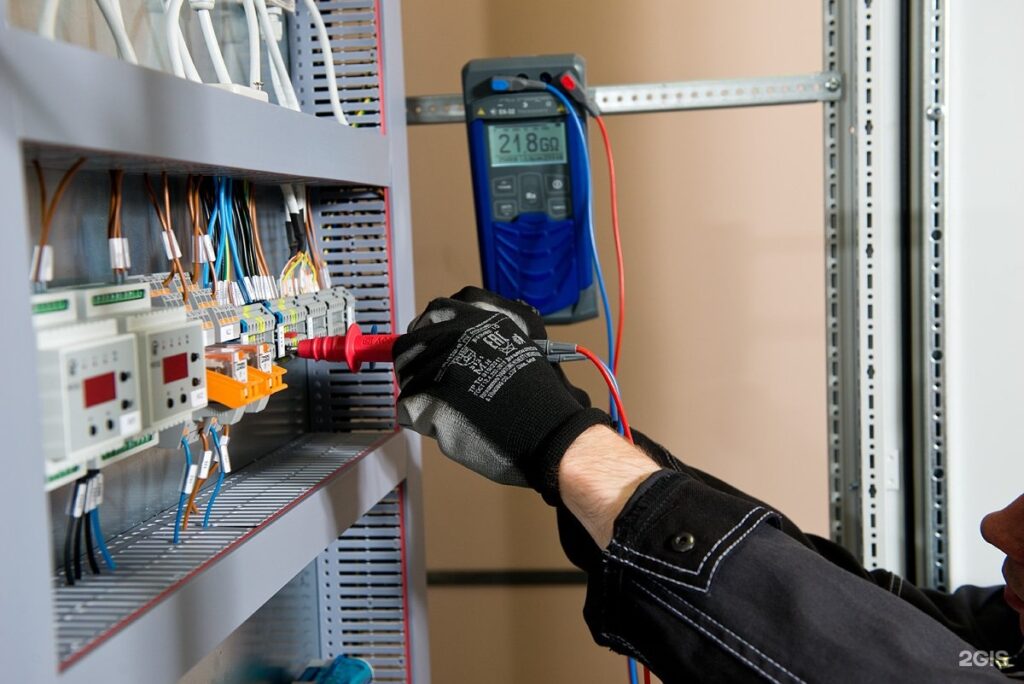
Testimonials
Client Reviews
Rated highly by clients on Trustpilot for our accuracy, personalized support, and consistent results.
We’re proud to have built lasting relationships through timely service, expert assessments, and a hassle-free experience.
EXCELLENTTrustindex verifies that the original source of the review is Google. Amazing service and very quick turnaround.Trustindex verifies that the original source of the review is Google. Good service and excellent customer service.Trustindex verifies that the original source of the review is Google. Really good customer service , had conversation with Sara and she handled my request for urgent Fire Risk inquiry well. They did good job and reasonable rates.Trustindex verifies that the original source of the review is Google. Booked them Epc and they did good job with great service.Trustindex verifies that the original source of the review is Google. Great service and really good customer service Will use them again definitely.
FAQ's
Frequently Asked Questions
EICR inspections are required every five years or sooner if issues arise to ensure ongoing safety.
The cost of an EICR can be influenced by property size, complexity of the electrical system, equipment age and condition, engineer qualifications, and regional differences.
An EICR certificate is typically valid for five years.
You can schedule a service by contacting us via phone or email, or by booking directly through our website.




